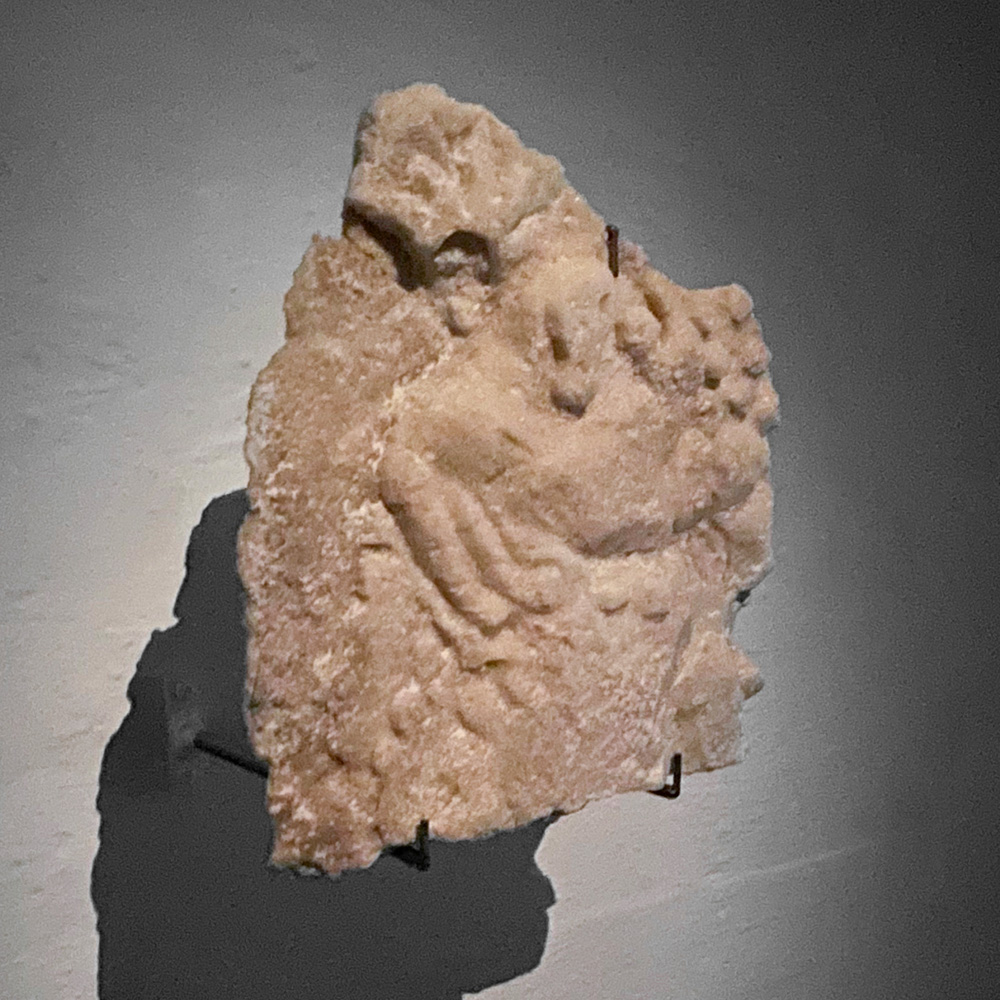The Revolt revisits the origins of global systems of labor exploitation and displacement through the Zanj Rebellion—one of the earliest and most complex uprisings of enslaved Africans. Beginning in Basra in 869 CE, the Zanj—Bantu people forcibly taken from the East African coast—were enslaved and subjected to brutal conditions while draining salt marshes and mining salt.
The project seeks to restore the voices of the Zanj, emphasizing the role of oral storytelling in Arab and African cultures and questioning how history is shaped by those who record it. Works such as Unmatched Narratives, a series of double-sided drawings, reflect the instability of historical testimony and the slippage between myth, belief, and recorded fact.
Across multiple chapters, The Revolt unfolds through salt sculptures; Documents on Salt, video; Saline Lands, drawings, Kozo paper collages; A Glimpse, and mixed-media on suspended canvas; On, offering a lens through which contemporary realities can be understood as continuations of deeper historical currents.




